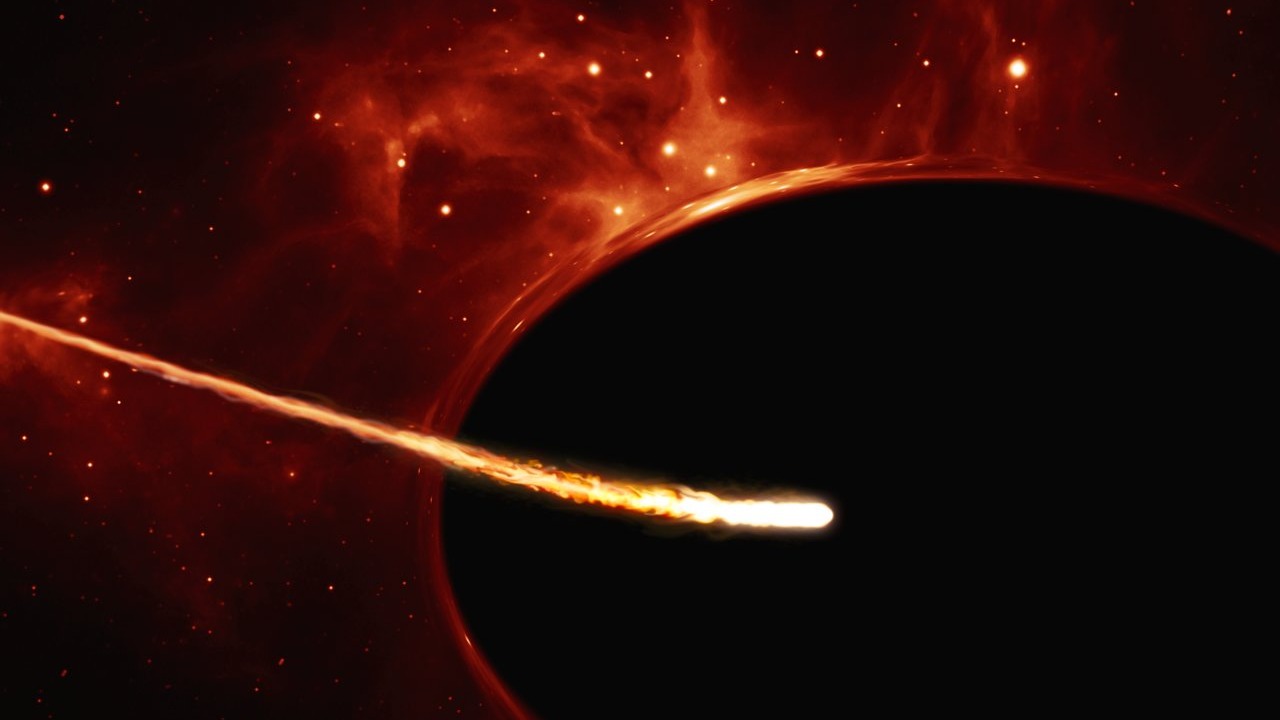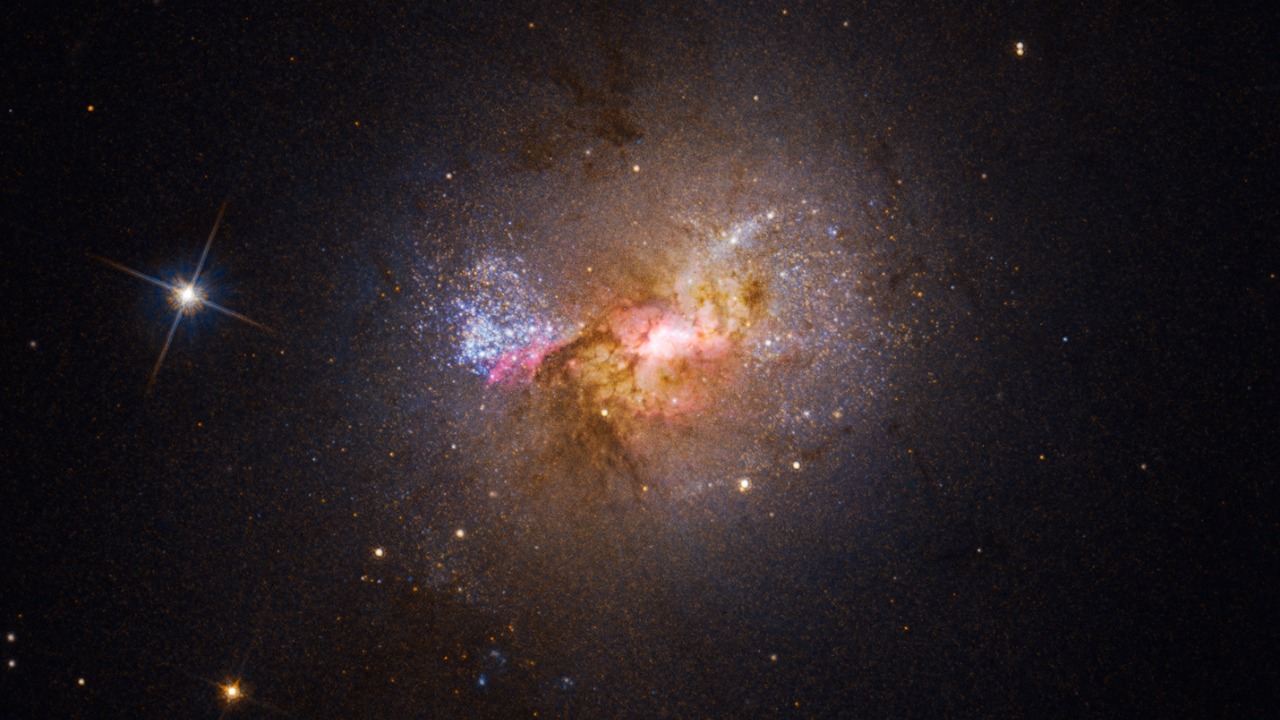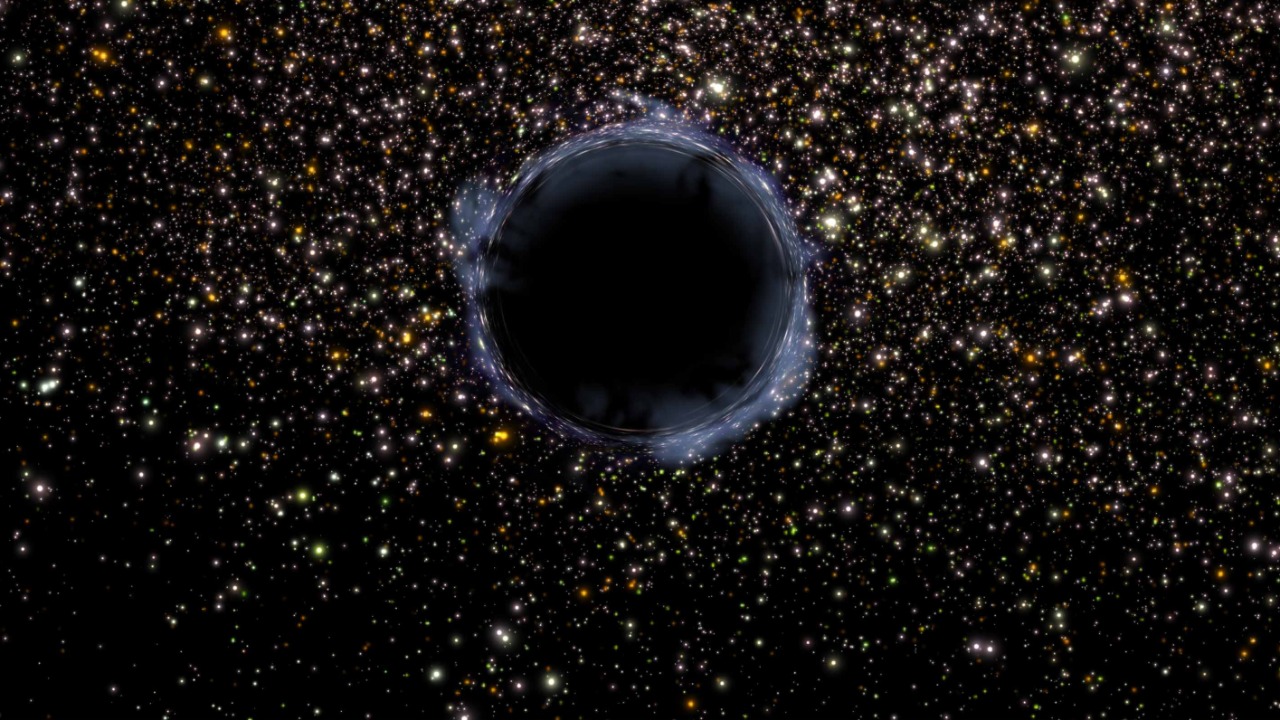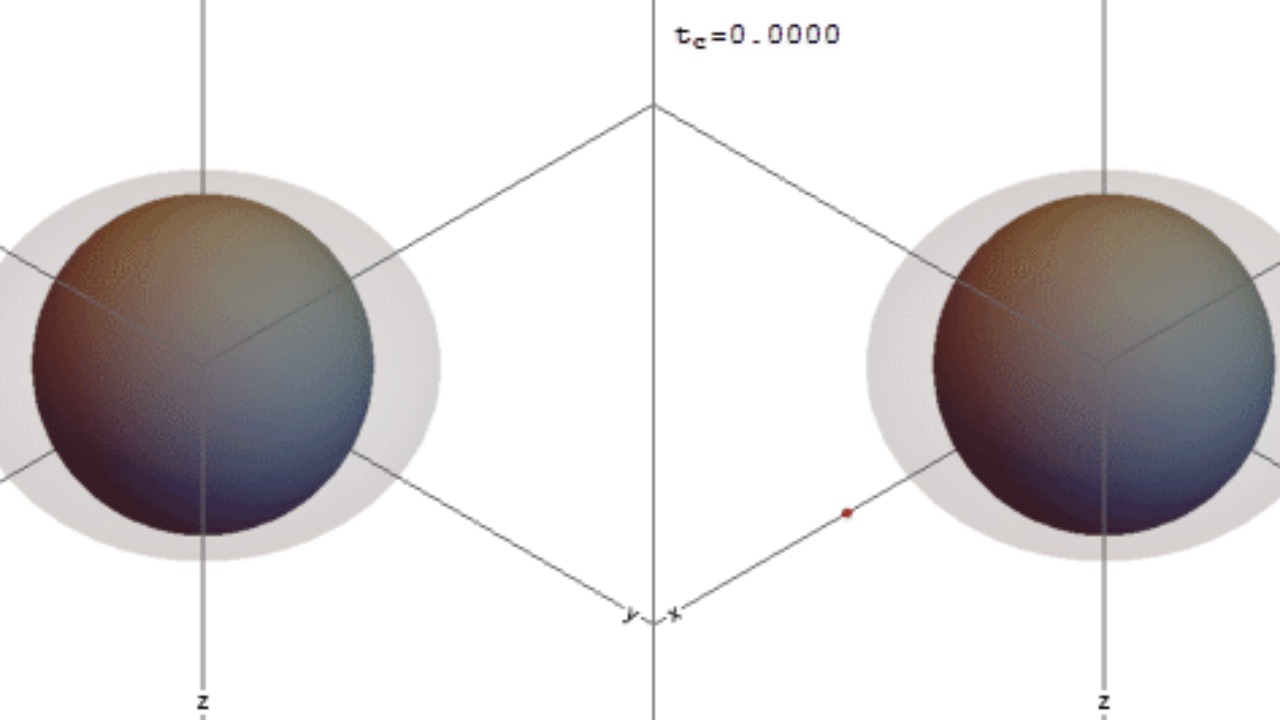Black holes are among the most intriguing and mysterious objects in the universe. While their existence has fascinated scientists and the public alike, their potential impact on Earth is a topic of ongoing research and debate. From gravitational forces to cosmic radiation, black holes pose several hypothetical threats to our planet’s future.
Gravitational Disruption

The immense gravitational pull of a black hole can significantly disrupt the orbits of nearby celestial bodies. If a black hole were to come close to our solar system, its gravitational forces might alter the orbits of planets, including Earth. Such a disruption could lead to catastrophic changes in climate and environmental conditions. Read more about the gravitational effects a black hole can have on our solar system.
Even though a black hole is unlikely to enter our solar system, understanding its gravitational reach is crucial. Scientists use advanced models to simulate these scenarios, assessing their potential impact on Earth’s orbit and stability. This research is vital for planetary defense strategies.
Cosmic Radiation Hazard

Black holes emit powerful cosmic radiation, especially from their accretion disks. This radiation can be hazardous to any nearby life forms. If a black hole were to approach Earth, the increased levels of cosmic radiation could pose a serious threat to our atmosphere and, consequently, all living organisms. For more on the dangers of cosmic radiation, check out this NASA blog.
The radiation emitted by a black hole can strip away Earth’s protective ozone layer, leaving the planet vulnerable to harmful solar and cosmic rays. This scenario underscores the importance of continuous monitoring of cosmic radiation levels and their potential impact on Earth.
Accretion Disk Jets

Accretion disks surrounding black holes can produce highly energetic jets of particles. These jets, propelled at nearly the speed of light, can extend across vast distances and potentially affect any celestial body in their path. If Earth were to be hit by such a jet, the consequences could be devastating. Learn more about the science behind accretion disk jets.
The energy and particles released in these jets have the potential to cause significant damage to the Earth’s magnetosphere and atmosphere. This could lead to severe disruptions in communication systems and other technological infrastructures.
Rogue Black Holes

Rogue black holes—those not confined to a galaxy—pose a unique threat as they wander through the cosmos. Should one pass through our solar system, its gravitational influence could have unpredictable effects. The chances of encountering a rogue black hole are slim, but not impossible. For a deeper dive into the concept of rogue black holes, explore this research paper.
The unpredictable trajectory of rogue black holes makes them challenging to track and study. However, advancements in astronomical observation techniques are improving our ability to detect these wandering cosmic entities before they come too close.
Time Dilation Effects

One of the most fascinating aspects of black holes is their ability to warp time. Near a black hole, time slows down—a phenomenon known as time dilation. While this might not directly threaten Earth, it raises intriguing questions about the nature of time and space. Discover more about time dilation near black holes.
Time dilation could have profound implications for space travel and communication. As we explore the possibility of interstellar travel, understanding the effects of time dilation is essential for planning missions and ensuring the safety of spacecraft and astronauts.